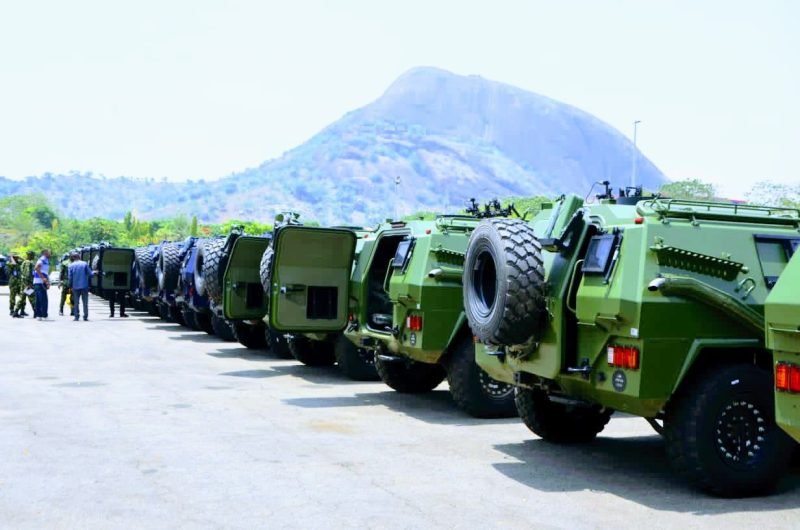Ajaokuta key to developing Nigeria’s defence industries– Expert
By Sumaila Ogbaje
The Chairman, Equipment and Protective Applications Nigerian Limited (EPAIL), Kola Balogun, says the development of Ajaokuta Steel Company Limited, is key to developing a viable defence industry in Nigeria.
Balogun, who is also the Secretary, Defense Industrial Association of Nigeria (DIAN), said this in an interview with the News Agency of Nigeria (NAN) in Abuja.
He said the new Defence Industries Corporation of Nigeria (DICON) Act that supports private sector delivery was a milestone in terms of era change in defence production in Nigeria.
He, however, urged President Bola Tinubu to go further to ensure that involvement of local defence companies were supported with the development of steel industry.
“Ajaokuta is a major driver, it’s a major instrument for defense development. Armoured tank, guard boot, light armoured vehicle, all form of APC, ammunition, weapons, are all steel.
“So, this is why the Ajaokuta coming to stream is very, very inevitable, it’s very important.
“So, the government must ensure that there is an interface, there is a collaboration between the private sector and the defence industry and the management of Ajaokuta steel industry.
“We must be part of the entire development so that we can hold on to some of the equipment we can make use of.
“We can make sure the raw materials that are coming out are part of what we use and we cannot export.
“Who says we cannot export arms from Nigeria? Who say we cannot export weapons from Nigeria? These are things that are possible,” he said.
Balogun also called for increased support from the government to meet the defence needs of the nation’s military and those of other security agencies in the country.
He also advocated for the creation of free trade zone for the defence industries as well as incentives to be able to sustain private sector investments in the industry.
“We need continuous support from the government in terms of funding, in terms of incentive, tax relief.
“If perhaps all defence related industries can be given the status of free trade zone, this will go a long way.
“So, I will advocate for a free trade zone status for the entire defence industry, for us to be able to have liberty to export and at the same time, do incentive to keep investing.
“This is so that we can actually domicile most of those development and we will be able to go into further research and development to strengthen our capability,” he added.
The expert also called on the government to prioritise the local industries in defence procurement by according them first right of refusal on any form of procurement.
He also called for high protection for every military industrial complex across the country by armed personnel with a view to adequately control what they do. (NAN) (www.nannews.ng)
Edited by Ismail Abdulaziz







